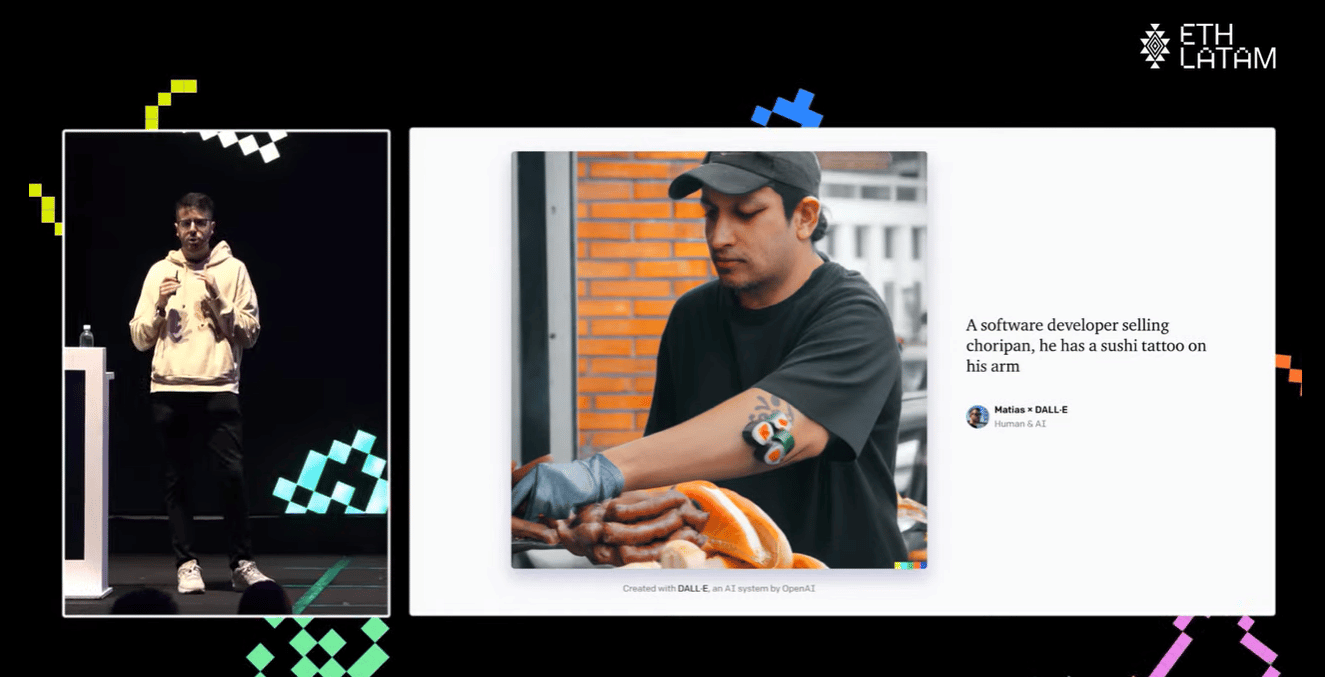Key facts:
-
Matías Niesenson, CEO of Wonderland, cast doubt on the votes in the DAO.
-
Niesenson said that most DAOs work like a “laundromat.”
Among the topics that have been discussed during the ETH Latam, there are the hacks, scams and decentralized autonomous organizations known as DAO. About them, there was a special talk about how these organizations are not what they seem, according to the opinions of Matías Niesenson, CEO of Wonderland, an activist fund that invests in projects without appropriating the protocols.
Niesenson he pointed directly against most of the DAO. “I really believe that of the word DAO, the only letter that applies is the O of organization. Not the rest. They are not decentralized, or autonomous, or anything like that.”
This he affirmed based on your company’s experience with SushiSwap, a DeFi liquidity platform organized under a DAO. “SushiSwap started as a really cool story and then turned into a kind of death spiral due to mismanagement. SushiSwap’s reserves went from USD 1,000 million to USD 20 million.”
A sample of that “mismanagement” was exposed when the founder of SushiSwap, sold all his SUSHI tokens, generating a stir, being described as an exit scam, but then returned the funds, as Criptonews reported in 2020.
In Niesenson’s opinion, this is how “the value of things is destroyed, claiming that protocols are decentralized and autonomous, but in reality they are not.”
Sushi voting is not what it seems
Another aspect that leaves doubts about some DAO, it’s how decisions are voted on. Niesenson told that Wonderland presented a proposal a SushiSwap called “Fukkatsu: Make Sushi Great Again”, last April. It offered to renew the organizational and operational structure of Sushi DAO to make it profitable.
“And why do we say this? Because Sushi, at least a couple of months ago, only had like three or four developers. They had no executive team. No strategy. No commercial equipment. So there were only a few developers left,” Niesenson recounted.
The proposal received 51% of votes in favor, it was supposed to have been approved by the majority of the DAO members, but the story would be another. According to Niesenson, what “really happened and is what happens in such decentralized organizations, is that only three people have the decision-making power. So that’s not a democracy.”
Under these circumstances it is “very difficult to suggest a change and this happens in most DAOs, it is a kind of plutocracy where those who have more money can approve the projects. But having money doesn’t make you smart and that’s what happened with Sushi,” the Wonderland CEO said.
Niesenson concluded by expressing that, just like Sushi, other multimillion-dollar DAOs function more like a “laundromat or a choripan sale”. He assured that the processes are bad, no one takes responsibility for things, the salaries are crazy and there are a lot of other problems. “Anyone who enters a DAO will see the reality and will not believe the way they are handled.”


